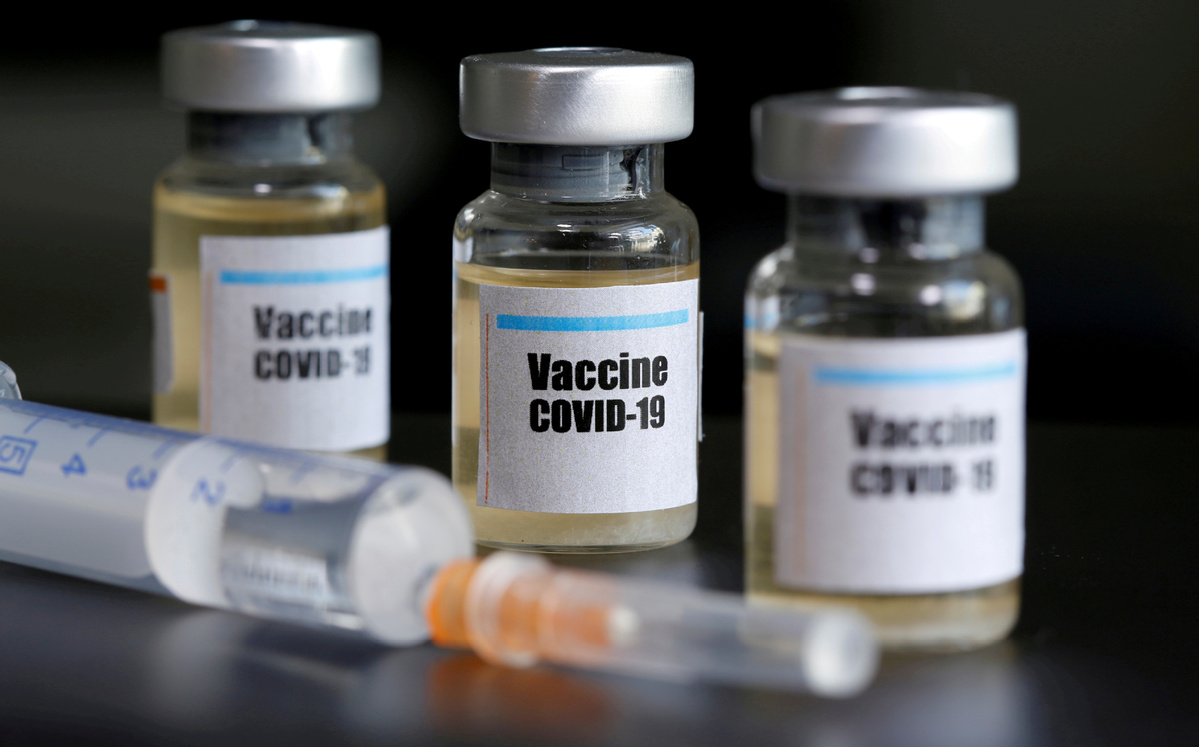Inovio says COVID-19 vaccine produces antibodies in mice, guinea pigs
Updated: 2020-05-21 10:05

US immunotherapy company Inovio Pharmaceuticals Inc said on Wednesday its experimental vaccine to prevent coronavirus infection produced protective antibodies and immune system responses in mice and guinea pigs.
The company's shares, which have more than quadrupled this year on hopes of its vaccine working, surged another 18% to $15.77 early trading.
"We saw antibody responses that do many of the things we would want to see in an eventual vaccine," said Dr. David Weiner, director of the vaccine and immunotherapy center at the Wistar Institute, which has collaborated with Inovio. "We are able to target things that would prevent the virus from having a safe harbor in the body."
There are currently no approved treatments or vaccines for COVID-19, the disease caused by the new coronavirus, with governments, drugmakers and researchers working on around 100 vaccine programs. Experts predict a safe and effective vaccine could take 12 to 18 months to develop.
Inovio began human testing of its vaccine in April. Many other drugmakers including Moderna Inc, Pfizer Inc , Johnson & Johnson, Sanofi and AstraZeneca Plc are also in various stages of vaccine development.
On Monday, Moderna said its experimental COVID-19 vaccine produced protective antibodies in a small group of healthy volunteers, according to very early data, putting it at the front in the race.
Inovio said preliminary results from its human trial are expected in June. The 40 healthy participants in the Phase 1 trial are given two shots, four weeks apart, of the vaccine, called INO-4800, and then followed for two weeks.
"We are already seeing safety data and it has been benign," Dr. Katherine Broderick, head of research and development at Inovio, told Reuters. "Some people have slight redness of the arm."
Both Moderna and Inovio are using newer technology that focuses on specific genes on the outer "spike" portion of the virus.
Inovio's vaccine was designed using its DNA medicine platform, while Moderna's vaccine uses messenger RNA (mRNA) technology. Both companies have no approved drug in the market.
Reuters
























